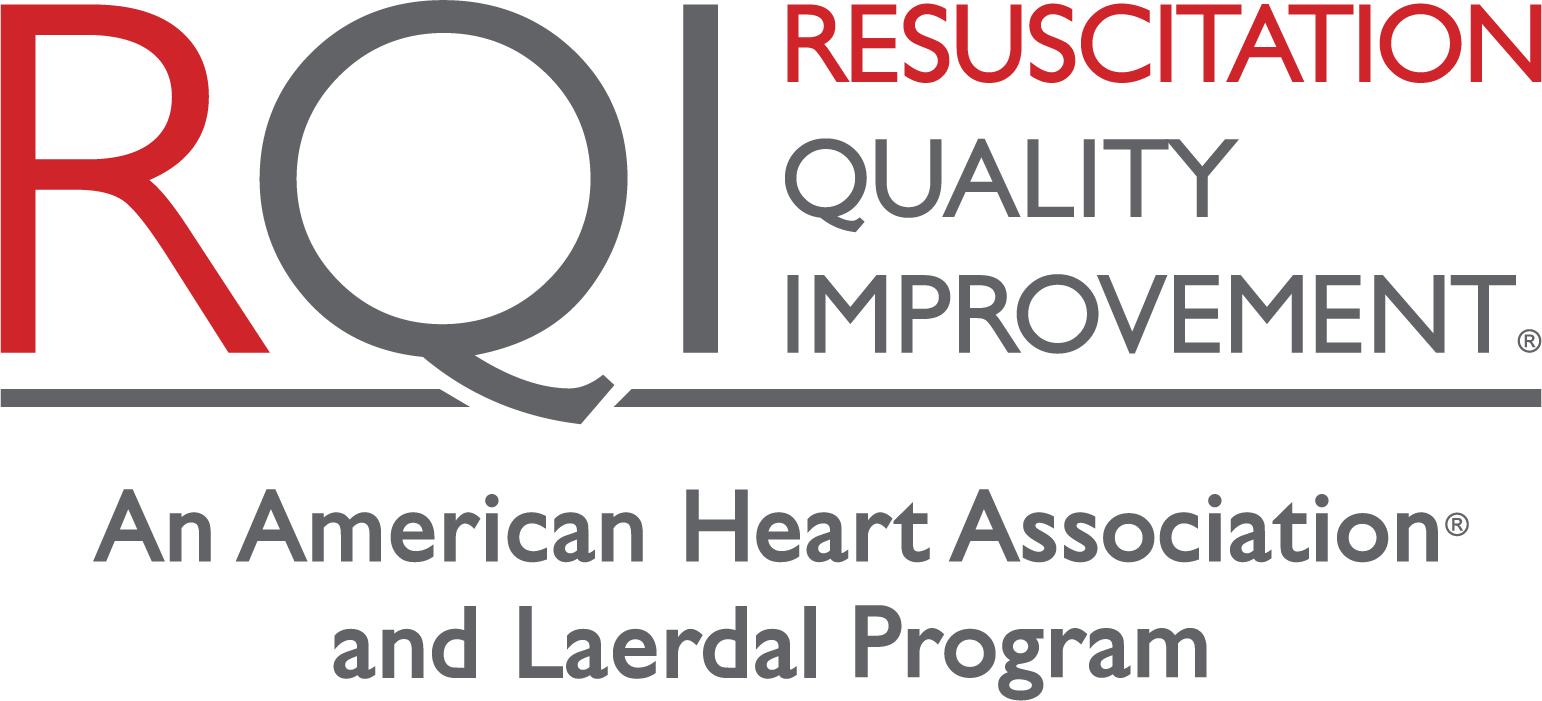Oermann, M., Krusmark, M., Kardong-Edgren, S., Jastrzembski, T., & Gluck, K. Journal of the Society for Simulation in Healthcare. 2021
Importance of Conclusion
The advantage of spaced practice on retention of CPR skills is well documented in literature due to the decay of knowledge and skill within weeks to months post training. This study, in collaboration with RQI, examines how the spacing of training during initial acquisition of CPR skills affects retention and sustainment with both shorter and longer intervals. Overall, both compression and ventilation scores were higher for students who refreshed at shorter intervals vs longer intervals of 6-months.
Key Points
- To develop competency, providers need to be trained in delivering CPR and to proactive their skills periodically to retain them.
- Practice of skills with breaks in between sessions (distributed practice) is more effective for retaining skills than practice that is one all at one-time (massed practice).
- Nursing students who refreshed with 3-month or personalized prescribed intervals had overall higher compression scores compared with those who refreshed at 6-month intervals.
- After 1 year, nursing students who refreshed every 3 months had overall higher ventilation scores than those with 6-month intervals.
- The current research is unique in exploring personalized scheduling of CPR training, with recommending initial CPR skills onboarding be spaced over several days or weeks rather than 3-month intervals. More research is needed to determine cost of personalized training, logistics of implementation and how to integrate with platforms, such as RQI.
